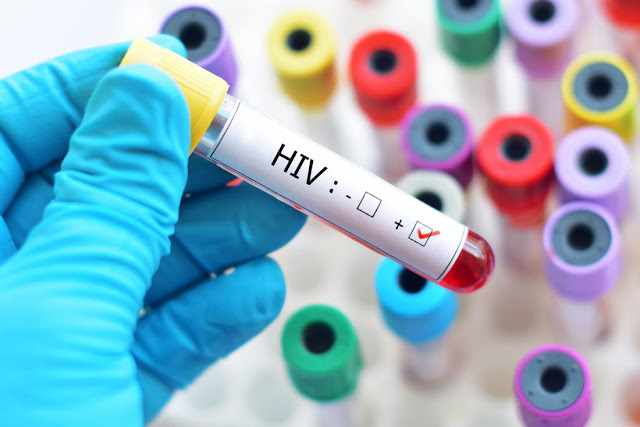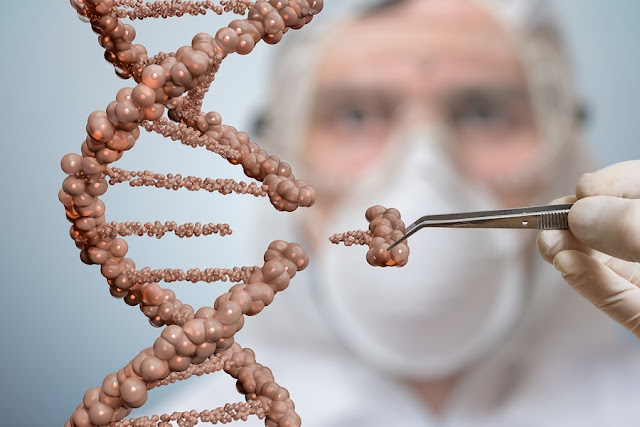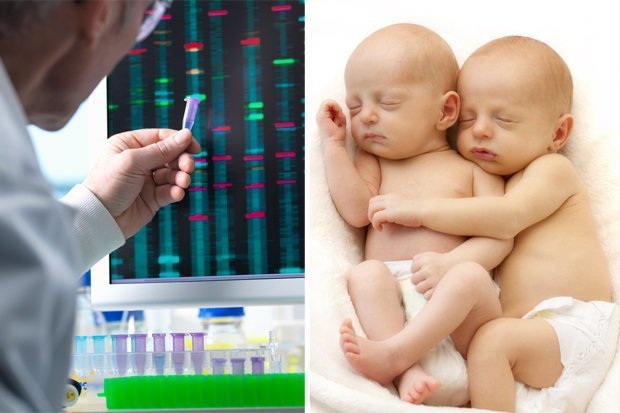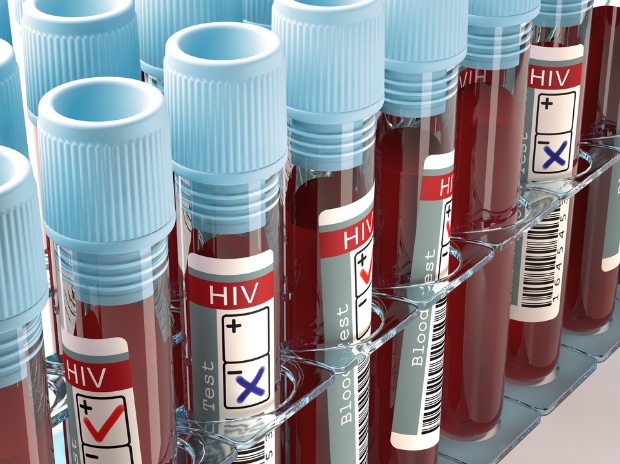HIV rates are down but discrimination continues for Indian sex workers

The proportion of Indian sex workers with HIV/AIDS declined over four years to 2017, more use condoms than ever before and funding to control the disease rose 21% over the period, according to an IndiaSpend analysis of national health data. But there appears to be little change in violence, stigma and discrimination against sex workers, how Indian states treat them varies, and funding and drugs are not always available when and where they should be. Over 91% of Indian sex workers used condoms in 2018, and no more than 1.6% of female sex workers had HIV (human immunodeficieny virus) and AIDS (acquired immunodeficiency syndrome) in 2017, down from 2.75% in 2013, mirroring a decline reflected among the general population, according to the latest available data. Over four years to 2017, the “HIV prevalence rate”, the percentage of people tested and found infected, among men who have sex with men also dropped from 4.4% to 2.7%, said a 2018 report from UNAIDS, a United Nations or...





